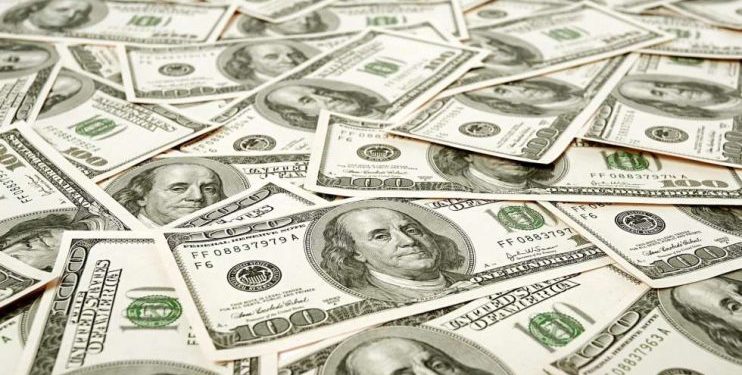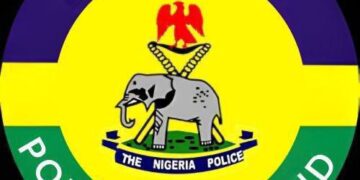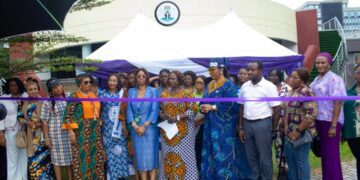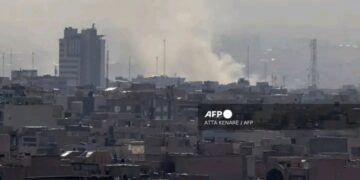The International Monetary Fund said the naira is currently under pressure and Nigeria is free to seek currency stabilization loans if it deems it a good option.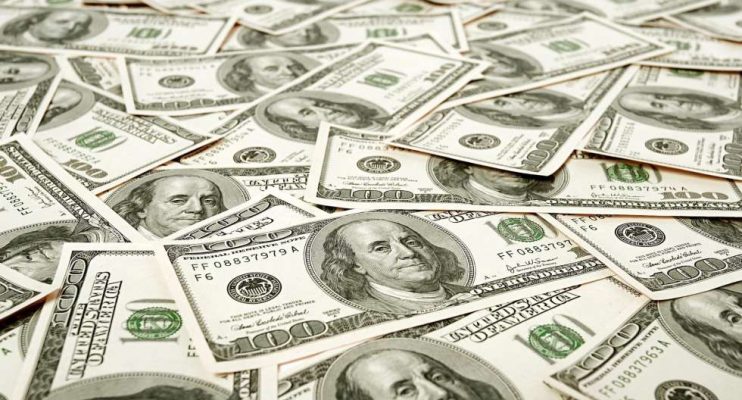
However, the Washington-based lender noted that recent exchange rate reforms and other measures taken by the Nigerian authorities were appropriate.
He also expressed support for the decision by the Central Bank of Nigeria, led by Olayemi Cardoso, last week to lift the eight-year foreign exchange ban on cement, rice, poultry products and 40 other items.
The previous CBN government had imposed a foreign exchange ban in 2015. They announced this at a meeting of the World Bank Group and the International Monetary Fund in Marrakech, Morocco. The IMF said Nigeria’s inflation rate remained high at 26% in August and the naira remained under pressure. Following President Bola Tinubu’s exchange rate reforms, the local currency has depreciated from about $450/$ to an average of $760/$, but continues to decline in the parallel market. On Thursday, the local currency fell to 1,045 yen to the dollar. The bank reiterates the need for monetary tightening by raising key interest rates and removing excess Naira liquidity, while further clarifying the Central Bank of Nigeria’s commitment to the dollar will strengthen the foreign exchange market. He said there is a possibility that trust will increase.
A JPMorgan report puts Nigeria’s central bank’s futures contract liability at $6.8 billion, but officials say the figure could be much higher. In response to an email question from Punch on whether it was prepared to provide dollar loans to Nigeria in support of Naira, the Fund said:
“Nigeria is under pressure with high inflation of 26% year-on-year in August,” he said of the naira. In June, authorities unified the various official exchange rate windows. This is a welcome measure as it will strengthen the functioning of the foreign exchange market. We also welcome the CBN’s recent decision to lift the ban on 43 items that were previously prohibited from accessing foreign exchange through official channels. This is a positive step towards moving towards a market-determined exchange rate regime. ” It added: “Authorities should urgently tighten monetary policy and take steps to ensure that markets maintain full confidence in the Central Bank of Nigeria.”
Tightening monetary policy must include raising key interest rates and eliminating excess naira liquidity. Greater clarity on Nigeria’s central bank’s commitment to the dollar will boost market confidence. “Nigerian authorities have not approached the IMF for funding.”
Meanwhile, the IMF said it was confident in the appointment of CBN President Cardoso and new Finance Minister and Economic Coordination Minister Wale Edun. , can make the right decisions to stimulate economic fortune. supply increase, cement ban lifted, 42



